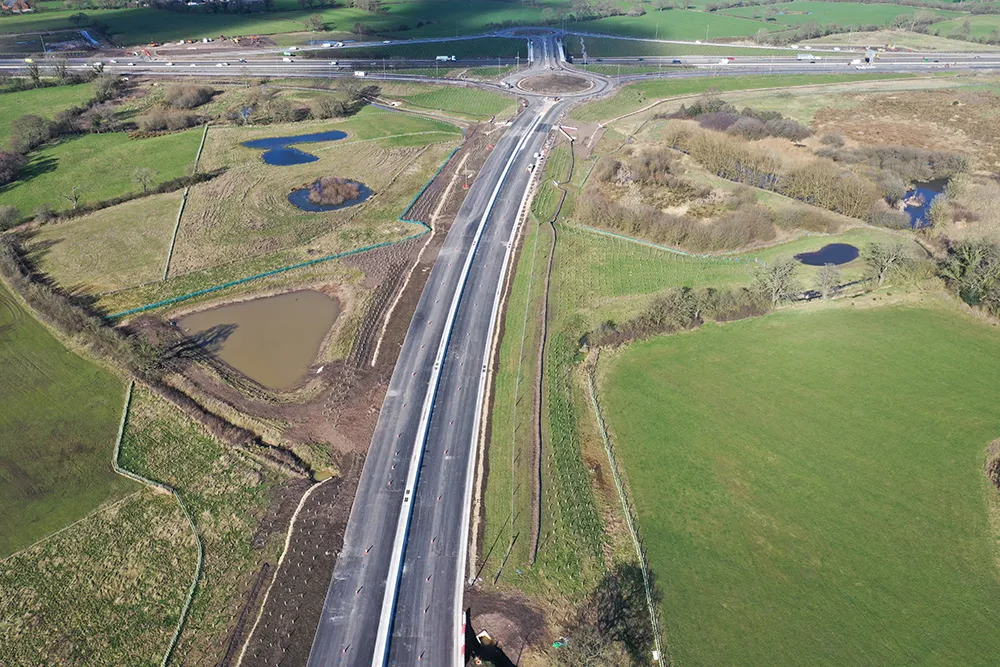Criminal charges are being considered against a road contractor in Belize following extensive damage to a Mayan pyramid. The company has been accused of using rock from the 2,300 old Mayan pyramid as aggregate for a road project. Situated on private land the Nohmul complex is in the north of the Central American country and lies close to its border with Mexico. The company allegedly used excavators to remove rock from the 30m high historic temple with the material then being crushed for use as aggregate. Ar
May 16, 2013
Read time: 2 mins
Criminal charges are being considered against a road contractor in Belize following extensive damage to a Mayan pyramid. The company has been accused of using rock from the 2,300 old Mayan pyramid as aggregate for a road project. Situated on private land the Nohmul complex is in the north of the Central American country and lies close to its border with Mexico. The company allegedly used excavators to remove rock from the 30m high historic temple with the material then being crushed for use as aggregate. Archeologists in Belize have said they are horrified at this destruction and have pointed out that the temple is well-known in the area and said it is hard to believe that the construction firm could have been unaware of its historic importance. As historic structures are protected by law in Belize the company will face charges for what at best was an extremely careless act of vandalism. Construction companies in other countries regularly have to contend with archeological artifacts and procedures are in place to ensure work can carry on while historic sites are protected. In countries with a long history of civilisation such as China, Greece, Israel, Italy, Sri Lanka and Turkey, sites of archeological importance are often found during road construction work. Strict laws ensure that these areas are not damaged however.







